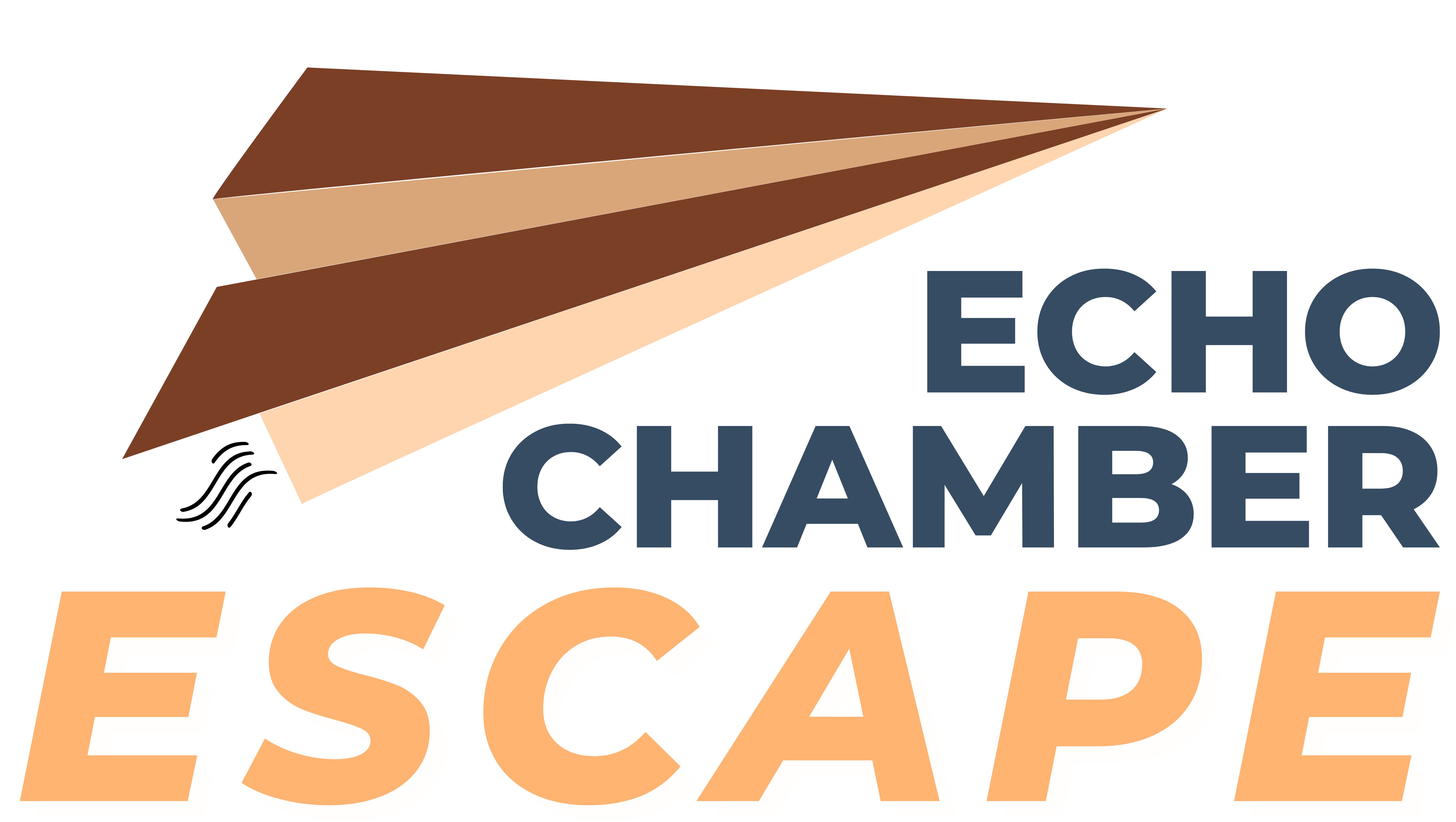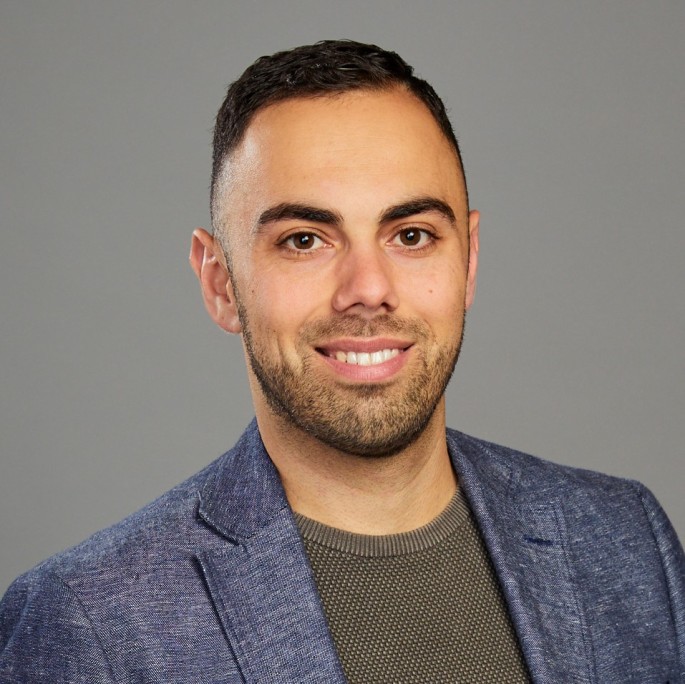With a quarter of Australians born overseas, almost half with at least one parent born overseas, and nearly 20% speaking a language other than English at home, it’s clear Australia is a multicultural country. However, culturally and linguistically diverse (CALD) Australians have been underrepresented across various industries, and miscommunicated to during times of nationwide change including the current pandemic.
In this interview, Costa Vasili, founder of EthnoLink Language Services, shares his journey building the business over the last ten years, his observations of CALD engagement during this time, and his advice for business and political leaders looking to effectively communicate with people of CALD backgrounds.
- Almost 10 years since founding EthnoLink Language Services, what have been the biggest challenges over this time?
The biggest challenge I have faced over the past ten years has been the need to constantly learn, grow and evolve personally, in order to be the leader that the company has needed me to be.
I was only twenty years of age when I founded EthnoLink in 2011. I am a different person now compared to who I was then. Starting a company at that age can be tough, particularly when operating in a business-to-business environment where youthfulness can be seen as a weakness rather than a strength.
But as our organisation has grown, I have had to grow personally with it. Today, we have nearly twenty full-time staff and work with over three hundred translators across Australia. I’ve needed to develop many skills along this journey in order to continue to be the leader that EthnoLink has needed me to be.
- How has this impacted the way you will approach the next 10 years?
Personal and professional development is at the core of my life. One of our company’s values is “Better Every Day” which is a reference to our philosophy of continuous improvement. I firmly believe that if you’re not moving forward, you’re going backwards. Even amidst this global pandemic, I’ve learnt much. I am confident that taking this philosophy into the future will ensure that our company can continue to adapt and innovate in order to stay relevant and on top of our game.
- What role does translation play in overall CALD engagement?
Translation is only one part of a well-developed CALD engagement strategy. Community translation is an enabler. It enables an organisation to communicate with people who do not speak English well. It enables that organisation to get across an idea or message that the organisation is trying to get across — not some distortion of that message.
Importantly, the process of translation is not responsible for the development of source material. We can work with organisations to help them craft their source words, but the process of translation is responsible for conveying that message faithfully. Similarly, the process of translation is not responsible for the dissemination of that material to the community members who need to access that information. Again, we work with organisations to ‘fill this gap’ in CALD engagement, but it’s not the role of translation. Translation sits in the middle of a CALD engagement strategy — it’s vital, but it relies on the whole strategy working well together.
- What are the biggest challenges you’re seeing business and political leaders facing when it comes to CALD engagement in 2020? Why?
Certainly the number one challenge that business and political leaders face when it comes to CALD engagement is a lack of understanding. Business and political leaders don’t fully understand the diverse needs of people from Culturally and Linguistically Diverse (CALD) backgrounds. In turn, they struggle to truly engage because they simply don’t understand the concept well enough.
Good CALD engagement is not a ‘one size fits all approach’. Each individual cultural group has different thoughts, customs, values and drivers. As such, leaders need to seek to understand the needs of people, rather than a group called “CALD” which is simply a bureaucratic term. One of the simplest ways that business and political leaders can address this issue is by promoting diversity at a leadership level. If leaders surround themselves with people from diverse backgrounds, it will create a culture that permeates through the entire organisation.
About the expert
Costa Vasili is the founder and CEO of EthnoLink Language Services which has grown over the past decade to become one of Australia’s largest translation companies servicing the Government and Not-for-profit sector. Costa was born in Melbourne, Australia to a Greek Cypriot family. His father, George, migrated to Australia at the age of thirteen with limited English. The stories Costa heard growing up, coupled with his upbringing as a second generation Australian, spurred him to start EthnoLink to help improve communication between organisations and the Australia’s diverse community.
Image description: Close-up headshot of Costa Vasili, slightly angled, facing the camera, wearing a suit jacket.


